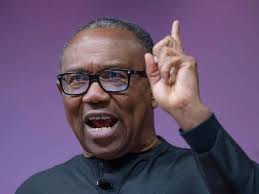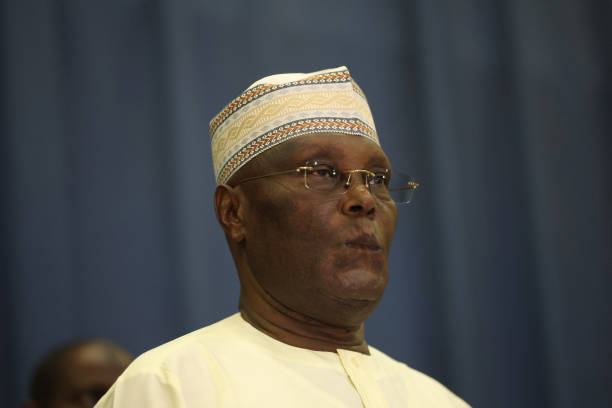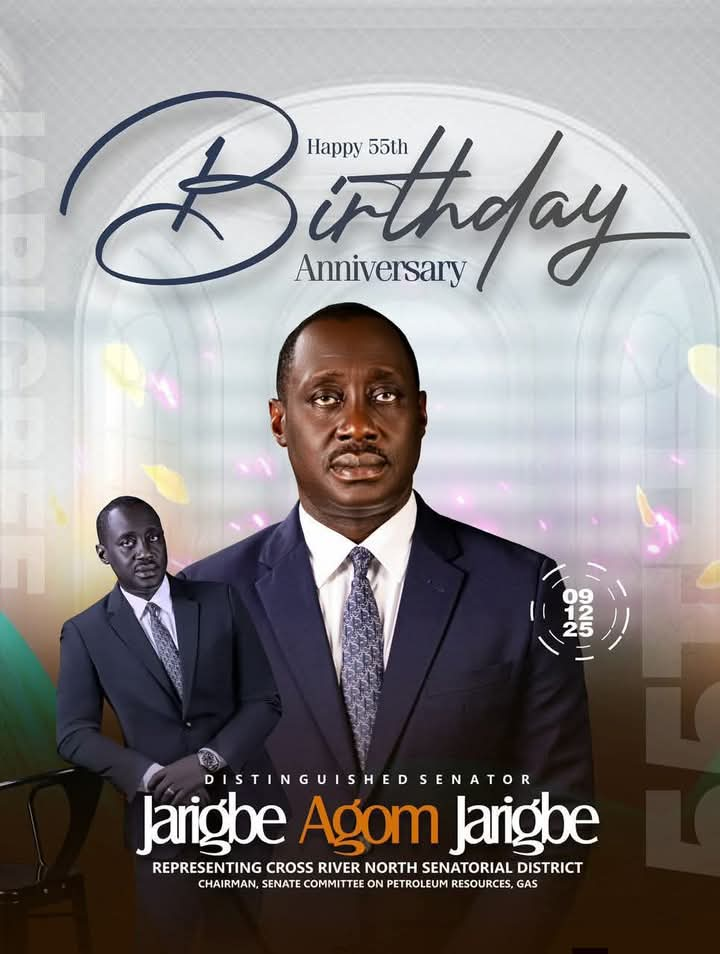In a country tired of broken promises, soaring prices, and power blackouts, Peter Obi emerged like a fresh breeze. To his supporters, he is a prophet—honest, humble, and different. To his critics, he is just another politician wrapped in idealism, waiting for his chance to play the same old game. But one thing is clear: Peter Obi has shaken Nigeria’s political table.
The Rise of the ‘Obidients’
The “Obidient” movement started quietly online—hashtags, tweets, WhatsApp messages. By mid-2022, it had become a national cry for change. Young Nigerians—many first-time voters—rallied around Obi, who ran under the Labour Party in the 2023 presidential elections. They said they were tired of the usual suspects. They wanted someone who spoke their language, literally and metaphorically.
“I just wanted a leader who sees us, not just when it’s election time,” said 27-year-old Adaeze Okonkwo, a university graduate who campaigned for Obi in Enugu. “Obi made me believe my vote could count.”
Social media gave fuel to the fire. The Obidient movement became more than politics—it became a culture. Rallies felt like concerts. Obi was not just a candidate; he was a symbol of hope.
Who Is Peter Obi?
Peter Obi, a former governor of Anambra State, is known for his modest lifestyle. He famously carries his own bags, flies economy, and avoids the flashy excesses common among Nigeria’s political elite. During his governorship (2006–2014), he was praised for saving money, reducing debt, and investing in education.
Yet, some analysts question the legend. “Obi talks about saving money, but Nigeria’s problems require bold spending,” says political economist Dr. Musa Adetola. “We need infrastructure, jobs, power. Caution is good, but is it enough?”
Obi’s critics also point out that while he talks about changing the system, he has long been a part of it—first as a PDP governor, then a VP hopeful with Atiku Abubakar in 2019, before finally jumping to the Labour Party in 2022. Opportunist or realist? The answer may depend on who you ask.
Idealism vs. Nigerian Politics
Despite a spirited campaign, Peter Obi lost the 2023 presidential election. The result was disputed, but eventually upheld. Still, many say he won in another way—by waking up a generation. Over 70% of his supporters were under 35. They may not have won the seat, but they found their voice.
However, Nigeria’s political system is not built for outsiders. Old guard networks, patronage, vote buying, and tribal politics remain powerful. Since the election, many Obidients have become disillusioned. “We were naive,” admits Bayo Lawal, a student in Ibadan. “We thought one man could change everything.”
Others remain hopeful. “Movements take time,” says Lagos-based activist Chinwe Eze. “Look at South Africa, look at the U.S.—change is always a long road. Obi lit a spark. It’s up to us to keep it burning.”
Peter Obi has remained visible but cautious since the election. He comments on policy issues, travels abroad, and avoids becoming just another angry voice. Some expect him to run again in 2027. Others fear his moment has passed.
The real question may be less about Obi and more about what comes after him. Can a movement built around a single man become a political force with lasting structure? Can idealism survive the grind of Nigerian politics?
As the dust settles, one thing is certain: Obi may not be president, but he changed the game. Whether as prophet or opportunist, he gave millions of Nigerians—especially the young—a reason to believe again. And in a country like Nigeria, that’s no small thing.
What do you think? Is Peter Obi a new kind of leader—or just another name in a long list of hopefuls? The answer, as always in Nigeria, may lie somewhere in the messy middle.





